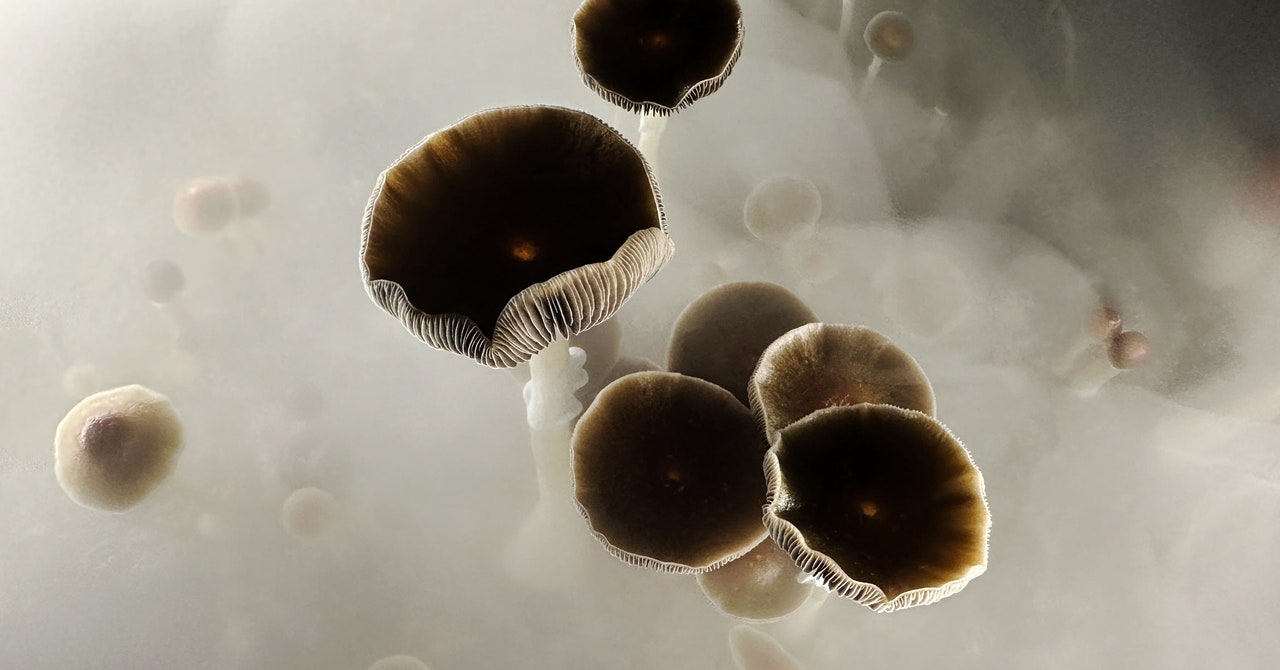
Over the weekend, California Governor Gavin Newsom vetoed Senate Bill 58 (SB 58), nixing the state’s attempt to become one of a handful that are loosening restrictions on plant-based hallucinogens. The legislation was an effort to increase access to psychedelic therapy and remove penalties for people seeking these drugs.
The bill would have decriminalized the possession of small amounts (4 grams) of certain plant-based psychedelics for adults over the age of 21: mescaline, dimethyltryptamine (DMT), and psilocybin, the hallucinogen found in magic mushrooms. The bill also would have allowed possession of related drug paraphernalia and the home cultivation of psilocybin-containing mushrooms for personal use.
State Senator Scott Wiener (D-San Francisco) introduced the bill in late 2022, and believes it would have improved mental healthcare without affecting public safety. “Should we be threatening people with arrest and incarceration for using mushrooms? Of course we should not,” says Weiner. “If you want drugs to be unsafe, the most effective thing you can do is criminalize them and push everyone within the shadows where they’re where they’re less likely to ask for information and help.”
In a letter explaining his decision, Newsom wrote: “Psychedelics have proven to relieve people suffering from certain conditions such as depression, PTSD, traumatic brain injury, and other addictive personality traits. This is an exciting frontier and California will be on the front-end of leading it.” But, he continued, the state would first need “regulated treatment guidelines” that include dosing information, rules to protect patients from being exploited during treatment, and ways to make sure they have no underlying psychoses. “Unfortunately,” he continued, “this bill would decriminalize possession prior to these guidelines going into place, and I cannot sign it.”
Psychedelics can lead to serious negative consequences for some users, including psychosis and suicidal ideation, and one of the bill’s most vocal opponents was the Coalition for Psychedelic Safety and Education, a group that includes parents whose children died following psychotic episodes after taking hallucinogens. In news interviews and op-eds, they’d argued that they aren’t opposed to decriminalization, but they want the government to implement first responder training and systems for tracking the health effects of psychedelics first. (WIRED was not able to reach a representative from the group for comment.)
Despite the fact that psychedelic decriminalization measures have passed in several local jurisdictions within California, support at the national level remains hotly contested. (Forty-nine percent of American voters support decriminalization, according to the 2023 UC Berkeley Psychedelics Survey.) Newsom, who has positioned himself as one of the Democratic Party’s most visible leaders, had a lot at stake when this bill landed on his desk. “While we firmly believe that Californians should not face incarceration for the use of psychedelic medicines, we understand the challenging position Governor Newsom is in,” says Jeannie Fontana, founder of TREAT California, which is organizing a ballot initiative that aims to devote $5 billion in state government funding for psychedelics research and mental healthcare.

